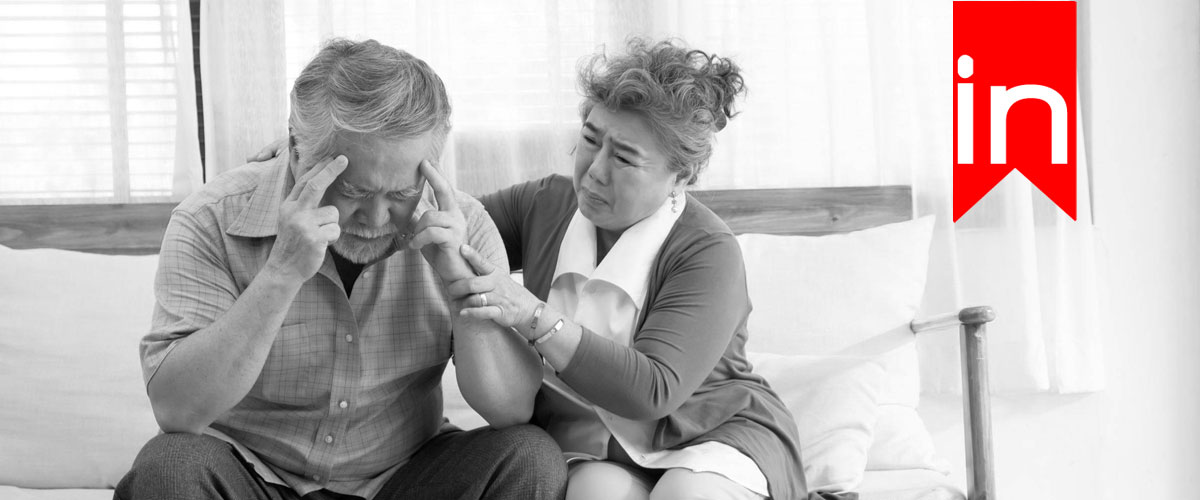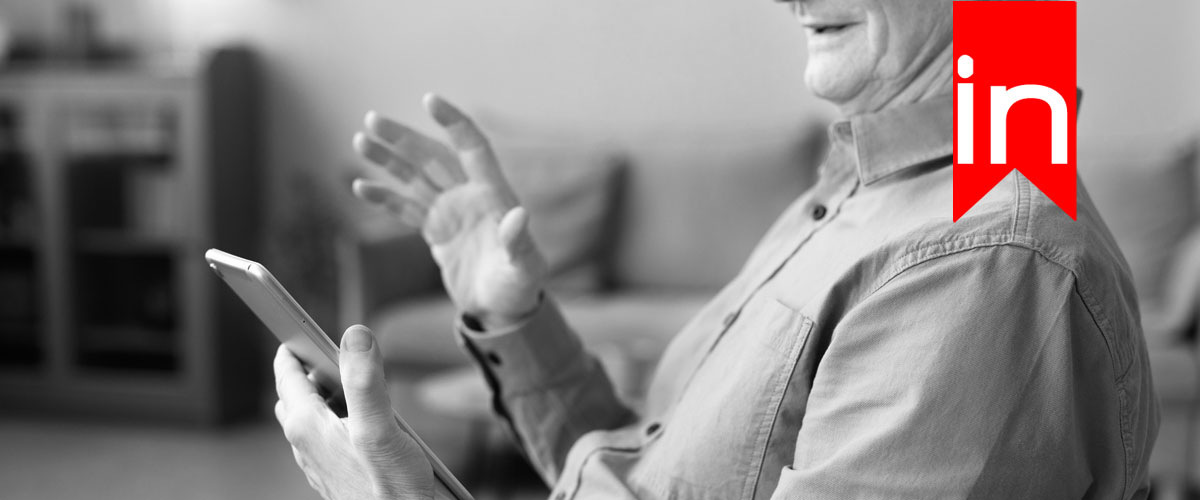Investing in a medical alert system is always a good alternative to a nursing home or memory care facility when deciding on how to care for your loved one when you’re not around. If you’re not home and something happens to them, such as a fall, or they wander away from their home on accident, you want to make sure that they can receive help if an event like that occurs. Especially when your loved one is in the early or middle stages of the disease, and can still do things on their own, they may want the freedom to be by themselves and live the rest of their lives as normally as they possibly can. A medical alert system may be the right choice for you and your family member.
Highlights
- Medical alert systems are vital for dementia patients, providing independence and safety with features like fall detection, GPS tracking, and two-way communication.
- Essential devices like the Galaxy Medical Alert System and Telus Health LivingWell Companion offer comprehensive solutions that include mobility tracking, communication capabilities, and optional fall alerts.
- Strategies to prevent dementia patients from wandering include using GPS-enabled medical alert devices, and installing door or window alarms to ensure their safety within the home.
What To Put On An Alzheimer’s Medical Alert System
When purchasing any kind of medical alert system for a dementia patient, make sure that it includes fall detection, GPS tracking, and two-way communication. A couple of companies that have good medical alert systems with these features include Galaxy Medical Alert System or Telus Health LivingWell Companion.
Galaxy Medical Alert System: The system has WiFi capabilities to help pinpoint your location along with the already enabled GPS tracking. This package comes with a single mobile unit that can only be worn on a pendant (waterproof), and also has optional fall detection if desired for an extra fee. The mobile unit has everything built into it – an emergency button, speaker for two-way communication, the GPS & WiFi, and the fall detection if you choose to purchase it. (it is recommended)
Telux Health LivingWell Companion: LivingWell Companion Go system works for on-the-go (or at home); the unit is linked to a cellular number, automatic fall detection and built-in GPS for an extra fee. (it is still recommended) The two-way communication in this device is in the mobile unit that can be activated by pushing the button.
Any other companies that have fall detection, two-way communication, and GPS tracking in any of their offered packages will work as well. (just make sure that they are all included in the same system)
How To Keep Dementia Patients From Wandering
Some good methods that can keep dementia patients at home where they’ll be safe include wearing a GPS device at all times or by installing some sort of door or window alarms and locks. The GPS device that you can use should come with your medical alert system if you choose to purchase one of the systems above, or any other medical alert that comes with GPS tracking. Window or door locks/alarms that you could use for dementia patients are childproof doorknob covers for something simple, and if you want to go all out on protecting your loved one, you can purchase alarms that you would install on doors or windows in the house, and if they are opened, you would get an alert. These suggestions are for extra precautions and safety if the patient is known to wander, or if you just want to have something just in case your loved one decides to leave unattended.
Why Do Dementia Patients Wander?
Dementia patients can wander for one or for many reasons. The main reasons that patients may wander include:
- Fear or stress – being fearful, worried, or stressed out about something or for someone can be a big reason why they may wander
- Basic needs – looking for food or water can cause a patient to wander
- Searching for someone or something
- Boredom
- Old routines – a patient may think that they need to go to work again or to any other thing that they used to do before they experienced the disease and its symptoms
The smartest thing that you can always do for your loved one is to make sure that they feel safe, are healthy, and are entertained so that they stay safe in their home. Checking in with them several times a week is also always a good habit to get into.
Medical Alert Systems Can Help Alzheimer’s Patience
Having a loved one with Alzheimer’s or dementia of any kind can be nerve-racking and stressful, but with the proper medical alert system, safety precautions, and overall physical/mental care for them, they should feel safe and secure, and so should you, knowing that you made the right decision.



2 thoughts on “Medical Alert Systems For Alzheimer’s Patients”